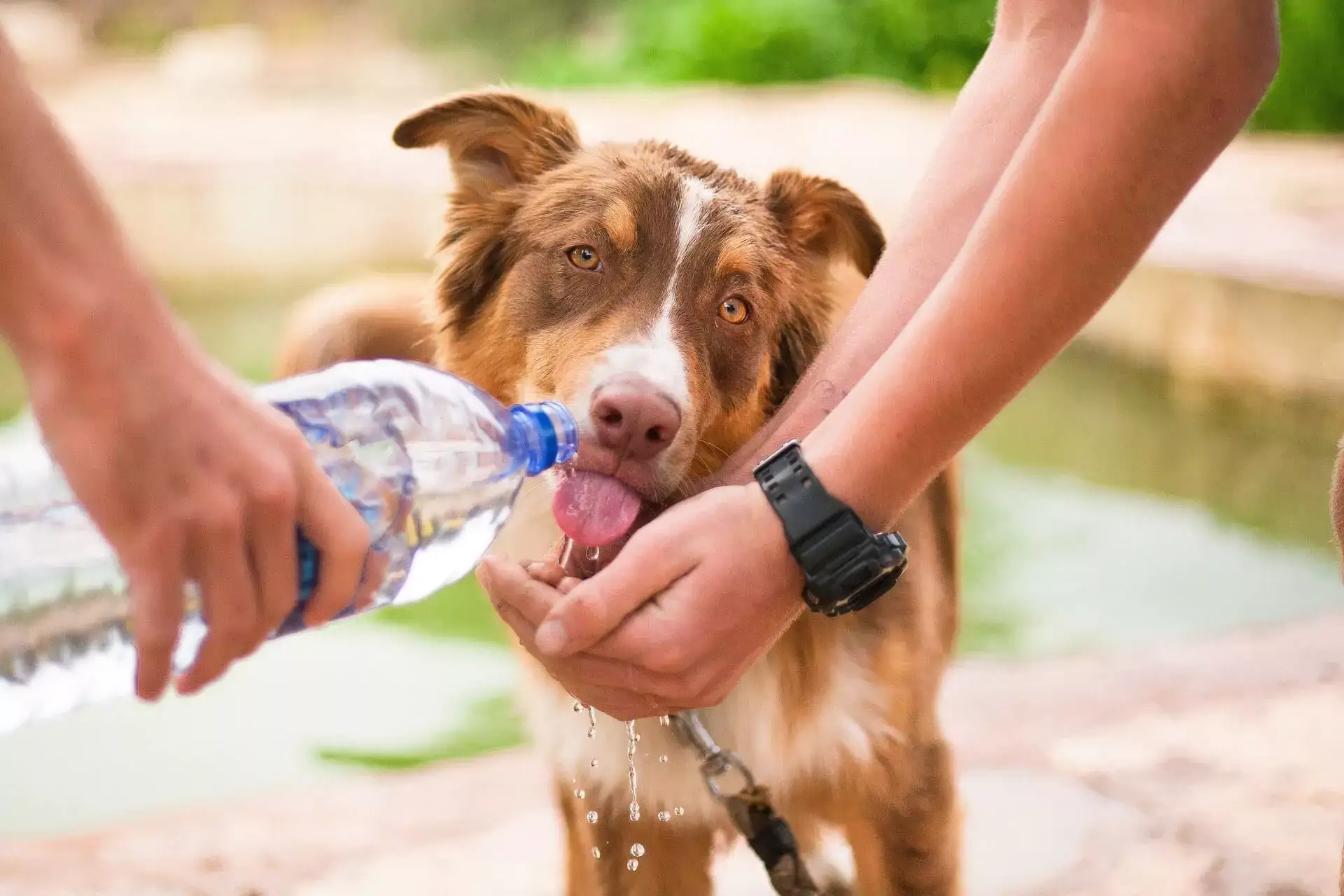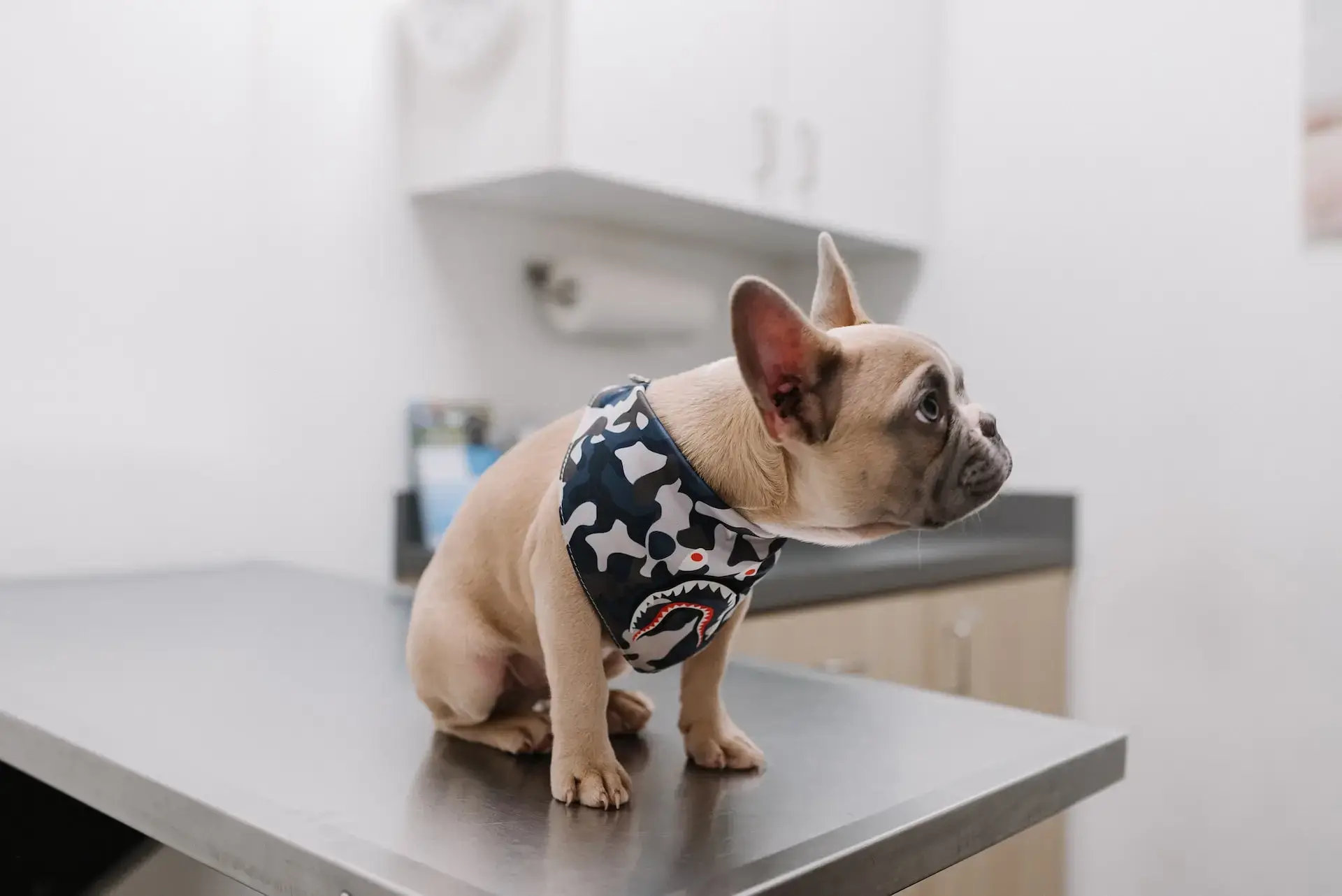Pet Poison Concerns
March 17th marks the beginning of National Animal Poison Prevention Week this year, highlighting the need for pet safety. Poisonings can happen to any pet and often result in urgent vet visits. However, pet owners can take proactive measures to prevent such incidents with advice from a local Wickenburg, AZ vet, as outlined in this informative article.
What’s the Yearly Count of Pet Poison Cases?
These figures are troubling. The U.S. registers over 401,500 cases of pet poisoning on an annual basis.
What Kinds of Food Can Make Pets Sick?
Be mindful that some widely enjoyed foods can be toxic to pets, as outlined in the following list.
- Garlic
- Scallions
- Alcohol
- Raisins
- Junk Food
- Chives
- Anything That Contains Xylitol (Birch Sugar)
- Currants
- Caffeine
- Chocolate
- Onions
- Grapes
- Many nuts, such as macadamia nuts
If you have questions, don’t hesitate to ask your Wickenburg, AZ veterinarian for more information.
What Household Items Should We Be Cautious About Due to Their Toxicity for Dogs and Cats?
It’s eye-opening to realize how many ordinary household items can be lethal to your furry family member.
Cleaning Agents: It is generally safe to assume that all household cleaning chemicals are harmful to pets. Bleach, disinfectants, furniture polish and oil, detergent, drain openers, mold killers, and other products fall under this category.
Automotive Products: Antifreeze is a significant peril for pets, particularly with its appealing flavors in certain varieties. Choosing a pet-safe brand helps reduce risks, though it’s not a guarantee. Gasoline, oils, paints, cleaners, and wiper fluids also pose substantial dangers. Prevent pets from accessing chemical areas and promptly clean up any antifreeze or chemical spills.
Lawn/Garden Products: It’s alarming because pets can ingest them without difficulty. Slug bait or snail bait poses a grave risk to dogs due to Metaldehyde, which is present in numerous brands.
All fertilizers, fungicides, weed killers, and herbicides are hazardous. Pets can pick up these chemicals on their fur while passing through treated areas.
What Plants Can Cause Harm to Pets?
Plants are a favorite snack for many animals. Even while it’s adorable at times, that poses a serious threat. We will only cover a few of the most common poisonous plants because the complete list would be too lengthy to present here. The most popular flower among cats is the lily. Even at very low concentrations, they pose a serious threat to cats. All it takes for Fluffy to get sick is a small amount of water or a nibble of a leaf. When it comes to Fido, Sago palms are among the deadliest.
Here are several of the hazardous ones:
- Peonies
- Foxglove
- Hyacinth
- Ivy
- Cyclamen
- Dieffenbachia
- Widow’s-thrill
- Oleander
- Aloë
- Tulips
- Sago palm
- Amaryllis
- Daffodils
- Chrysanthemum
- Lily of the Valley
- Azalea
- Hydrangea
- Birds of Paradise
- Lilies
- Crocus
- Rhododendron
- Common daisy
- Irises
- Holly
Typically, anything with a bulb is unsafe for pets. This encompasses tulips, daffodils, onions, and garlic. For further information on safe and unsafe plants, refer to the ASPCA website.
Remember, even non-toxic plants can pose dangers. For instance, roses have sharp thorns that could cause severe internal injuries if swallowed. Consult your vet for further information.
What Household Objects Can Be Harmful to Pets?
Moreover, here are a couple of others:
Pesticides: Be wary of bug spray, rodenticides, and mouse or rat bait—substances engineered to exterminate pests—as they pose significant risks to your furry friend. Numerous rodenticides contain warfarin, an anticoagulant that can result in severe and potentially fatal internal bleeding.
Flea and tick medications are also included, regarded as safe when used correctly. However, using too much or administering the wrong dose could potentially poison your pet.
Medication: We strongly recommend keeping medications safely out of reach of your pets. Some of the most dangerous include aspirin, acetaminophen, and Non-Steroidal Anti-Inflammatory drugs (NSAIDs) like ibuprofen. Store both over-the-counter and prescription medications securely away from Fido and Fluffy.
Is There a Risk to Pets from Salt Lamps?
Indeed, they can pose a risk! Certain pets have a penchant for salt. Fluffy and Fido might incessantly lick the lamp, putting them at risk of salt poisoning. However, this shouldn’t deter you from having a salt lamp; just ensure it’s kept out of your pets’ reach.
Do Cats and Dogs Share the Same Poisons?
To an extent, yes, and to an extent, no. Generally, both cats and dogs are sensitive to the same toxic substances. Nevertheless, Fido and Fluffy exhibit different instincts and behaviors. Cats, in particular, may encounter increased sickness risks from substances spilling on or contacting their fur. Fluffy’s sensitive skin and grooming habits put her at risk of toxin exposure. Cats can become ill from walking through pesticide-treated lawns, and ingesting toxins while grooming. This risk also applies to dogs; Fido may ingest harmful substances by licking his paws.
Another distinction? Dogs are known for their inclination to ingest or chew on a wide range of items. While some dogs outgrow this habit after teething, others continue to be voracious chewers throughout their lives.
How Can You Spot Poisoning Signs in Pets?
Symptoms may differ based on the poison type and quantity ingested. Nonetheless, there are some common signs to be aware of. These might include:
- Diarrhea
- Shock
- Respiratory Issues
- Fever
- Excessive Urination
- Excessive Thirst
- Coma
- Wobbling/Lurching Gait
- Lethargy
- Collapse
- Coughing
- Internal Bleeding
- Drooling
- Vomiting
- Seizure
- Abdominal pain
- Weakness
- Twitching
- Irregular Heartbeat
Cats tend to withdraw when they’re feeling unwell, while dogs may display signs of sadness. Additionally, you might observe unusual behaviors, such as grumpiness or clinginess.
Remember, these signals may indicate a variety of issues. If you notice anything concerning, contact your Wickenburg, AZ vet promptly.
Are Essential Oils Safe for Use Around Pets?
Aromatherapy is often part of health and wellness practices for many. While pets can benefit, it’s important to be cautious. The concentrated oils can be dangerous. Cats, in particular, are sensitive to chemicals, making them more susceptible.
Here are a couple of the harmful ones:
- Cinnamon
- Sweet Birch
- Ylang Ylang
- Pennyroyal
- Tea Tree Oil
- Anise
- Wintergreen
- Clove
- Peppermint
- Wintergreen
- Citrus Oils
- Pine
- Juniper
Prioritize caution; keep perfumes and oils away from your beloved pet.
What Is Unsafe for Birds?
Extra attention is necessary for bird owners. Polly’s fragile lungs are extremely delicate. Fumes that are safe or enjoyable for humans can be harmful to your feathered friend. This includes scented candles, incense, perfume, and air fresheners. Cooking fumes and aerosols are also dangerous for birds.
What Steps to Take If I Suspect My Pet Has Been Poisoned?
Immediate action is necessary; your furry friend’s life could be in jeopardy, so waiting is not an option.
Your first move should be contacting your vet. If it’s after hours, contact an emergency clinic. Seek guidance from a pet poison hotline if needed. The ASPCA can be reached at (888) 426-4435 among various options. (Note: charges may apply.) Immediate veterinary care is crucial for Fido or Fluffy, but it’s advisable to call ahead for preparation. You might also receive instructions on administering first aid, like using hydrogen peroxide.
Strictly adhere to directions and avoid administering anything unless instructed by your vet or a poison helpline counselor. Taking incorrect actions may be riskier than taking no action.
Have inquiries about your pet’s safety, health, or care? We’re here to assist you! Reach out to us at Hassayampa Veterinary Services today for support.




!Social Icons